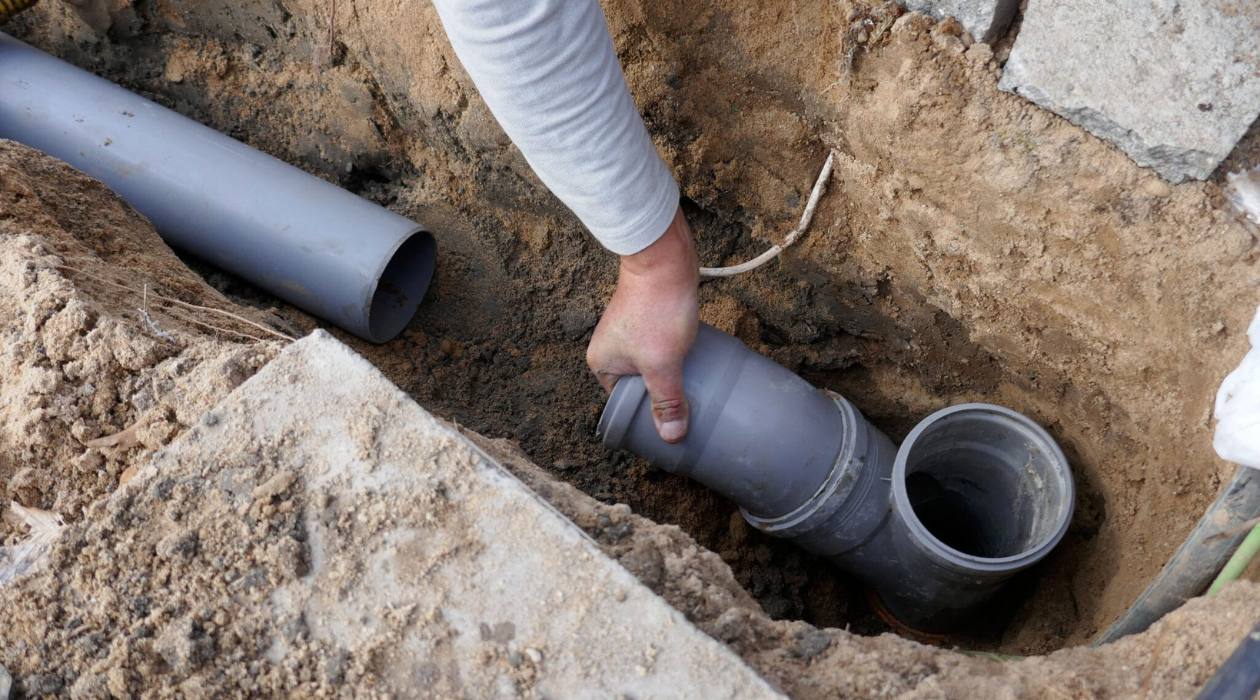

Articles
How Much Does Plumbing Repair Cost
Modified: February 21, 2024
Find articles about the cost of plumbing repairs and discover how much you can expect to pay for fixing plumbing issues.
(Many of the links in this article redirect to a specific reviewed product. Your purchase of these products through affiliate links helps to generate commission for Storables.com, at no extra cost. Learn more)
Introduction
Plumbing issues are a common occurrence in households, and they can range from minor annoyances to major headaches. Whether it’s a leaky faucet, a clogged drain, or a burst pipe, plumbing problems can disrupt our daily lives and cause significant inconvenience.
When faced with a plumbing issue, the first question that comes to mind is often, “How much will it cost to fix?” Understanding the factors that affect plumbing repair costs can help homeowners better prepare for these unexpected expenses. In this article, we will explore the common plumbing issues, the factors that influence repair costs, average prices for plumbing services, and tips for saving money on repairs.
Key Takeaways:
- Understanding common plumbing issues, factors affecting repair costs, and average service prices helps homeowners prepare for unexpected expenses and make informed decisions when facing plumbing problems.
- Building a relationship with a trustworthy plumber, investing in high-quality materials, and practicing water conservation can help homeowners save money on plumbing repairs in the long run.
Read more: How Much Does Plumbing Cost?
Common Plumbing Issues
Plumbing problems can arise in various areas of your home, and it’s essential to understand the common issues that homeowners may encounter. Here are some of the most frequent plumbing problems:
- Leaky Faucet: Dripping faucets not only waste water but can also lead to higher water bills. The most common cause of a leaky faucet is a worn-out washer or seal.
- Clogged Drain: Whether it’s a kitchen sink, bathroom sink, or shower drain, clogs can occur due to a build-up of hair, grease, food particles, or other debris. A slow-draining sink or standing water is a sign of a clogged drain.
- Running Toilet: A toilet that keeps running after flushing can waste a significant amount of water. The problem often lies with a faulty flapper valve or a malfunctioning fill valve.
- Burst Pipe: Frozen pipes or old, corroded pipes can burst, causing water leakage and potential damage to the surrounding areas of your home.
- Water Heater Issues: Problems with your water heater can range from inadequate hot water supply to leaks or strange noises coming from the unit.
- Sewer Line Problems: Clogs, tree root intrusion, or damaged sewer lines can cause sewage backups and foul odors. This issue requires immediate attention from a professional plumber.
These are just a few examples of common plumbing issues, and each requires a different approach for repair. Understanding the specific problem you are facing will help you in determining the potential cost for fixing it.
Factors Affecting Plumbing Repair Costs
When it comes to plumbing repairs, several factors can influence the overall cost of the service. It’s essential to consider these factors to get an accurate estimate and avoid any surprises. Here are some key factors that can affect plumbing repair costs:
- Type of Plumbing Issue: The nature of the plumbing problem plays a significant role in determining repair costs. Minor issues like a leaky faucet or a clogged drain may cost less to fix compared to more complex problems, such as a burst pipe or sewer line repair.
- Extent of Damage: The severity of the plumbing issue can impact the cost of repairs. For example, a small leak may only require a simple repair, but extensive water damage or a major pipe burst could involve more extensive repairs, restoration, and replacement of damaged materials.
- Accessibility: The accessibility of the plumbing issue can affect the cost of repair. If the problem is located in an easily accessible area, it may be simpler and less time-consuming to fix, resulting in lower repair costs. However, if the issue is hidden or requires extensive digging or dismantling, it may increase the overall cost.
- Time and Labor: The time and labor required to complete the plumbing repair can also impact the cost. Complex or time-consuming repairs may require the plumber to spend more hours on the job, which can increase the overall cost.
- Materials and Equipment: The type of materials and equipment needed for the repair can also affect the cost. High-quality materials and specialized equipment may be more expensive but can ensure a long-lasting and durable repair.
- Location: The location of your home can also influence the cost of plumbing repairs. In areas with higher living costs or a scarcity of skilled plumbers, the rates may be higher compared to regions with a more competitive market.
It’s important to communicate all relevant details to the plumber when requesting a repair estimate. This will help them provide you with an accurate assessment of the cost and ensure there are no surprises when it comes to the final bill.
Cost of Fixing Common Plumbing Problems
The cost of fixing common plumbing problems can vary depending on several factors, including the specific issue and its severity. While it’s difficult to provide exact figures without considering all the variables, here is a general overview of the cost range for some common plumbing problems:
- Leaky Faucet: Repairing a leaky faucet can cost anywhere from $50 to $150, depending on the type of faucet and the extent of the repair needed. Replacing a faucet altogether can range from $150 to $350.
- Clogged Drain: Clearing a clogged drain can cost between $100 and $300, depending on the severity of the clog and the effort required to remove it. In some cases, additional charges may apply if the plumber needs to use specialized equipment.
- Running Toilet: Repairing a running toilet can range from $100 to $250, depending on the cause of the issue and the parts needed for the repair. If a complete toilet replacement is necessary, the cost can range from $300 to $750 or more.
- Burst Pipe: The cost of repairing a burst pipe can vary significantly depending on the location and extent of the damage. On average, homeowners can expect to pay between $300 and $1,000 for pipe repair, including labor and materials.
- Water Heater Issues: Repairing a water heater can range from $150 to $500, depending on the specific problem and whether it requires replacement parts. The cost of replacing a water heater can range from $800 to $1,500 or more, depending on the type and size of the unit.
- Sewer Line Problems: Repairing or replacing a sewer line can be a more involved and costly process. The cost can range from $1,000 to $4,000 or more, depending on factors such as the length of the pipe, the type of repair required, and the accessibility of the area.
It’s important to note that these cost ranges are approximate and can vary based on factors such as the location, the complexity of the repairs, and the rates charged by local plumbers. It’s always recommended to obtain multiple quotes and discuss the details of the repair with a professional plumber to get an accurate estimate for your specific situation.
Before hiring a plumber, get multiple quotes to compare prices. Be sure to ask about any additional fees or potential extra costs that may arise during the repair process.
Average Cost of Plumbing Services
When it comes to hiring a professional plumber, it’s helpful to have a general idea of the average costs for common plumbing services. While prices can vary based on factors such as the location and the complexity of the job, the following are average cost ranges for some typical plumbing services:
- Emergency Service Call: If you require a plumber for an immediate or after-hours emergency, you can expect to pay a service call fee. This fee can range from $50 to $150 or more, depending on your location and the plumber’s policies.
- Diagnostics and Inspections: Plumbers may charge a fee for diagnosing a plumbing issue and providing an estimate. This fee can range from $50 to $150, depending on the complexity of the problem and the plumber’s expertise.
- Drain Cleaning: The cost of clearing a clogged drain can range from $100 to $300, depending on the severity of the clog and the effort required to remove it. Additional charges may apply if the plumber needs to use specialized equipment or if the clog is located deep within the pipes.
- Fixture Repair or Replacement: Repairing or replacing fixtures such as faucets, toilets, or showers can vary in cost depending on the specific item and complexity of the job. On average, homeowners can expect to pay between $150 and $500, including parts and labor.
- Pipe Repair or Replacement: The cost of repairing or replacing pipes can vary based on factors such as the material, the accessibility of the pipes, and the extent of the damage. On average, homeowners can expect to pay between $200 and $1,500 or more for pipe repairs, depending on the specific situation.
- Water Heater Installation or Repair: Installing a new water heater can range from $800 to $1,500 or more, depending on factors such as the type and size of the unit and any additional modifications needed. Repairing a water heater can cost between $150 and $500, depending on the issue.
- Sewer Line Repair or Replacement: Repairing or replacing a sewer line can be a significant expense, with costs ranging from $1,000 to $4,000 or more. The specific cost depends on factors such as the length of the pipe, the type of repair required, and the accessibility of the area.
It’s worth noting that these average cost ranges are provided as a general guideline, and actual costs can vary. Additionally, it’s essential to obtain multiple quotes from reputable plumbers and discuss the specifics of the job to get an accurate estimate for your particular situation.
Read more: How Much Does Plumbing School Cost
Hiring a Professional Plumber vs. DIY
When faced with plumbing issues, homeowners often debate whether to hire a professional plumber or attempt a DIY (Do-It-Yourself) approach. While some minor plumbing tasks can be tackled on your own, more complex issues typically require the expertise of a qualified professional. Here are some factors to consider when deciding between hiring a plumber and opting for a DIY solution:
- Experience and Knowledge: Professional plumbers have extensive experience and knowledge in handling a wide range of plumbing issues. They are trained to identify and solve complex problems, ensuring long-lasting and efficient repairs. DIY enthusiasts may not have the same level of expertise and may inadvertently cause further damage or overlook underlying issues.
- Safety: Plumbing repairs can involve working with water, electricity, and potentially hazardous materials. Professional plumbers have the necessary safety equipment, tools, and knowledge to mitigate risks and ensure a safe working environment. Attempting to tackle certain repairs without the proper expertise and precautions can lead to accidents and injuries.
- Time and Convenience: Hiring a professional plumber saves you valuable time and effort. They can efficiently diagnose the issue, source the required parts, and complete the repairs in a timely manner. DIY repairs, especially for those with little to no plumbing experience, can be time-consuming and may require multiple attempts before achieving the desired outcome.
- Quality of Work: Professional plumbers adhere to industry standards and best practices, ensuring high-quality workmanship. They have access to specialized tools and materials, which results in reliable and long-lasting repairs. DIY repairs may not always meet the same level of quality, leading to recurring issues and the need for future repairs.
- Cost Considerations: While DIY repairs may initially seem more cost-effective, they can end up being more expensive in the long run. Mistakes made during DIY attempts can lead to additional damage that requires professional intervention. Moreover, professional plumbers often have access to wholesale prices for parts and materials, potentially saving you money in the overall cost of repairs.
- Warranty and Insurance: Professional plumbers typically offer warranties on their work, providing you with peace of mind in case any issues arise after the repair is completed. Additionally, reputable plumbers carry liability insurance, protecting you from any damages or accidents that may occur during the repair process.
While small tasks like replacing a faucet washer or clearing a minor clog can be handled by homeowners, complex plumbing issues, such as burst pipes or sewer line problems, are best left to professional plumbers. It’s important to weigh the factors mentioned above and assess your own DIY capabilities before deciding whether to hire a plumber or tackle the repair yourself.
Tips for Saving Money on Plumbing Repairs
Plumbing repairs can sometimes incur significant costs, but there are several ways you can save money on these expenses. Here are some helpful tips for saving money on plumbing repairs:
- Regular Maintenance: Perform regular maintenance on your plumbing system to catch small issues before they become major problems. This includes routine checks for leaks, inspecting water supply lines, and cleaning drains to prevent clogs. Regular maintenance can help prevent costly repairs down the line.
- Address Issues Promptly: Don’t ignore plumbing issues or delay repairs, as this can lead to more extensive damage and higher repair costs. Addressing problems promptly can help prevent further damage and may save you money in the long run.
- Research and Get Multiple Quotes: Before hiring a plumber, do your research and obtain multiple quotes from different professionals. This allows you to compare prices, services, and warranties. Remember to consider factors other than just the cost, such as the plumber’s experience and reputation.
- Consider DIY for Minor Repairs: For minor issues that don’t require professional expertise, consider tackling the repairs yourself. Simple tasks like replacing a faucet washer or unclogging a drain can often be done with basic tools and instructions available online, saving you the cost of hiring a plumber.
- Invest in High-Quality Materials: When it comes to purchasing replacement parts or fixtures, invest in high-quality materials. While these may have a higher upfront cost, they are often more durable and less likely to require repairs or replacements in the near future.
- Establish a Relationship with a Trusted Plumber: Building a long-term relationship with a reliable and trustworthy plumber can be beneficial for both routine maintenance and unexpected repairs. Plumbers may offer discounts to loyal customers, and having a plumber who knows your plumbing system well can lead to more efficient and cost-effective repairs.
- Prevent Frozen Pipes: During colder months, take preventive measures to protect your pipes from freezing. This includes insulating exposed pipes, allowing faucets to trickle water, and keeping the temperature in your home consistent. Preventing frozen pipes can save you from costly repairs or pipe replacements.
- Be Proactive in Water Conservation: Taking steps to conserve water not only benefits the environment but can also save you money on your water bills. Fix any leaks promptly, install water-efficient fixtures, and practice water-saving habits to reduce water usage and potential water damage.
By implementing these tips, you can minimize plumbing repair costs and avoid unnecessary expenses. Remember, prevention, proactive maintenance, and being informed are key strategies for saving money on plumbing repairs.
Conclusion
Plumbing issues are an inevitable part of homeownership, and knowing how to navigate the costs associated with plumbing repairs is essential. By understanding common plumbing problems, the factors that affect repair costs, and the average prices for plumbing services, homeowners can better prepare for unexpected expenses.
While hiring a professional plumber for complex repairs is often the best choice, there are some plumbing tasks that homeowners can tackle themselves through DIY methods. However, it’s important to assess one’s own capabilities and to prioritize safety and quality workmanship above cost savings.
To save money on plumbing repairs, homeowners can take proactive measures such as regular maintenance, addressing issues promptly, and investing in high-quality materials. It’s also beneficial to research and obtain multiple quotes from different plumbers to ensure competitive pricing and reliable services.
Building a relationship with a trustworthy plumber can provide long-term benefits, including discounts and efficient service. Additionally, practicing water conservation measures and preventing frozen pipes can save homeowners from costly repairs and water damage.
In conclusion, plumbing repairs are an inevitable expense for homeowners, but with proper knowledge and proactive measures, these costs can be minimized. By being informed, proactive, and strategic in their approach, homeowners can successfully manage plumbing issues and save money in the long run.
Frequently Asked Questions about How Much Does Plumbing Repair Cost
Was this page helpful?
At Storables.com, we guarantee accurate and reliable information. Our content, validated by Expert Board Contributors, is crafted following stringent Editorial Policies. We're committed to providing you with well-researched, expert-backed insights for all your informational needs.
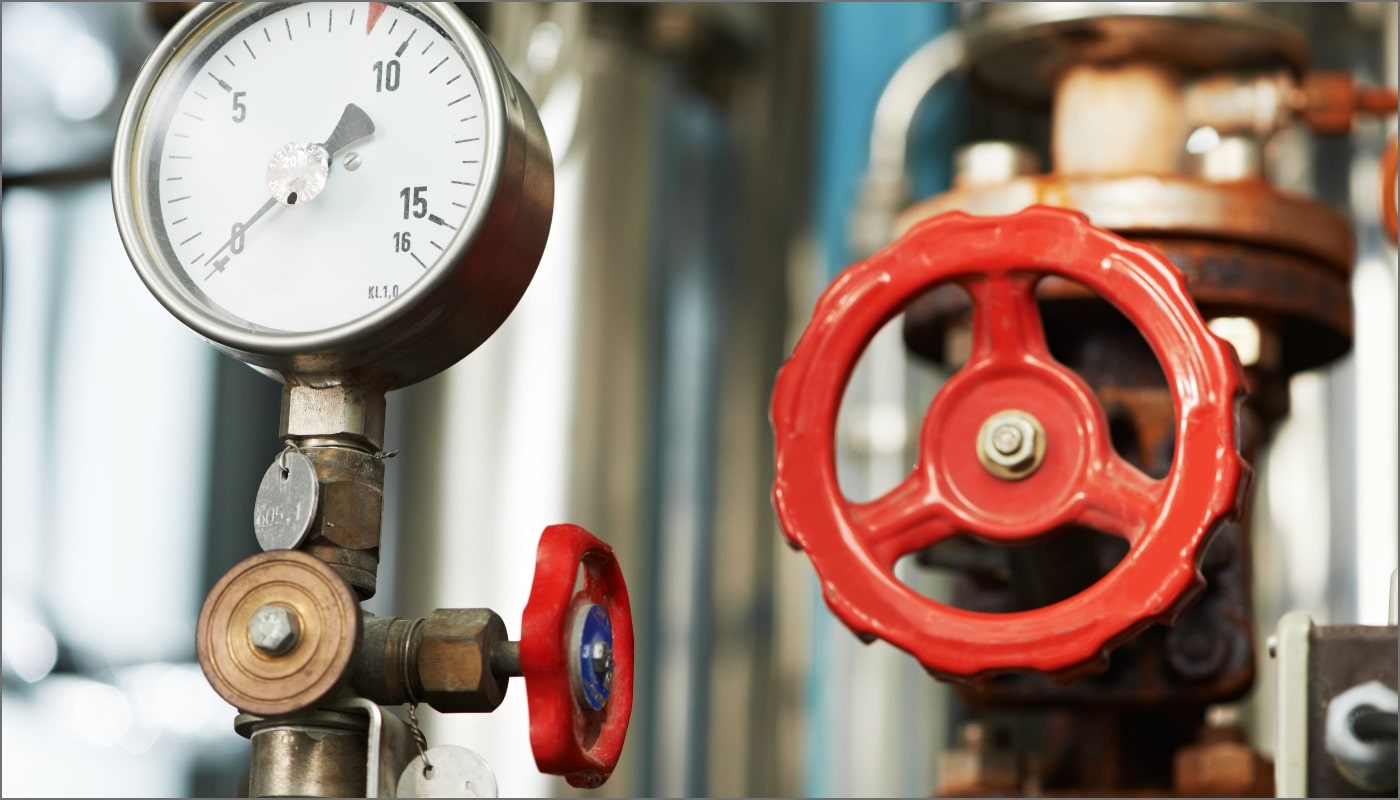
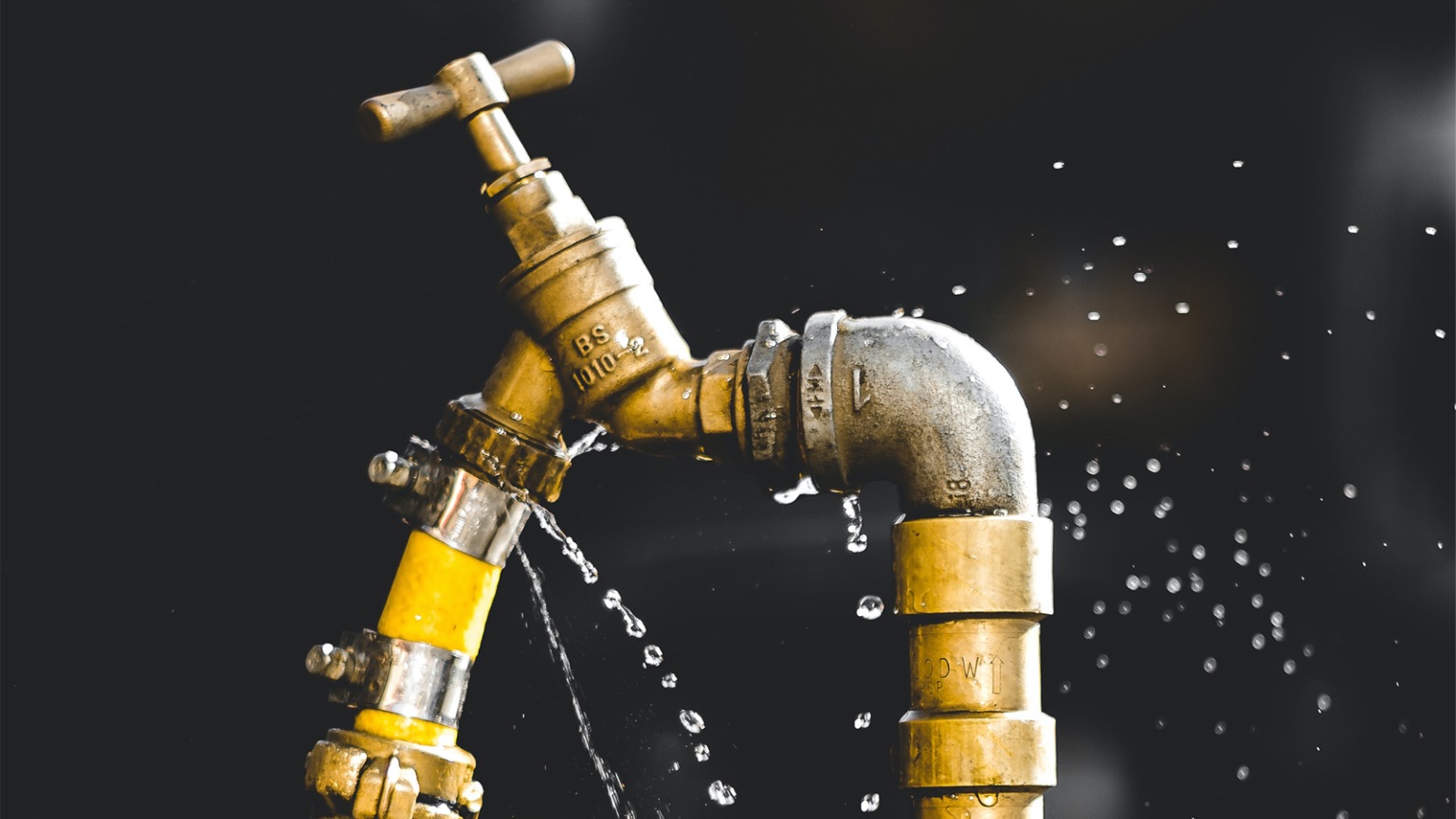
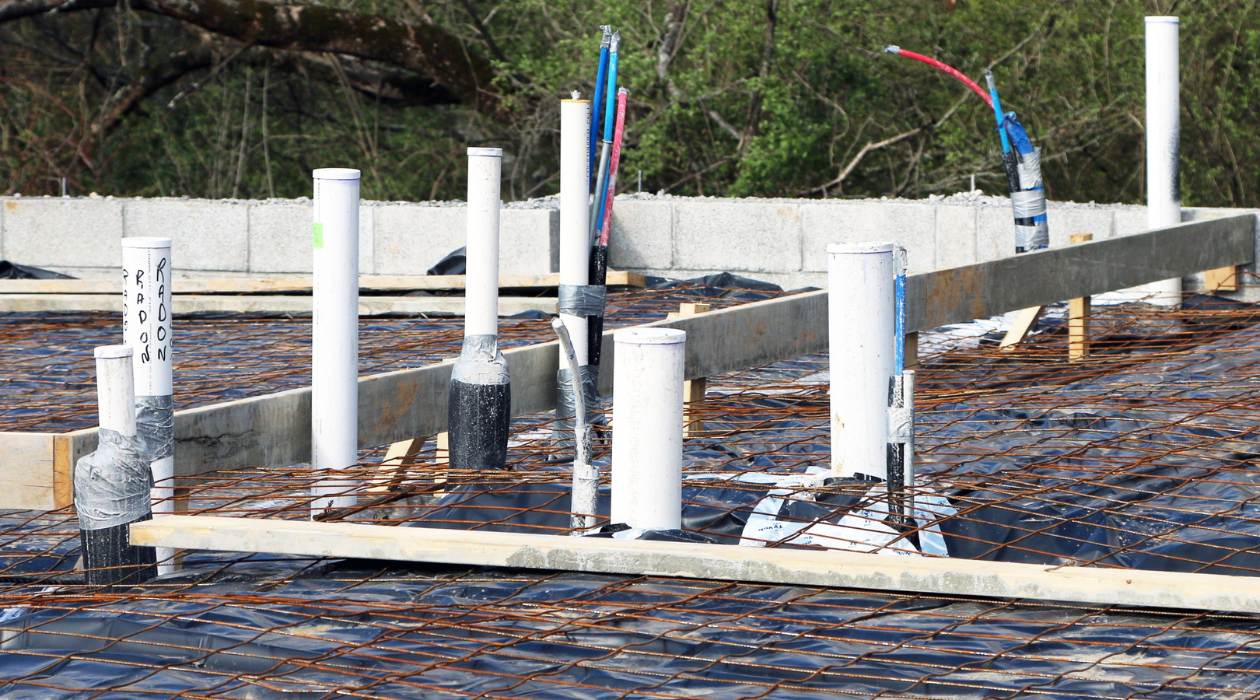
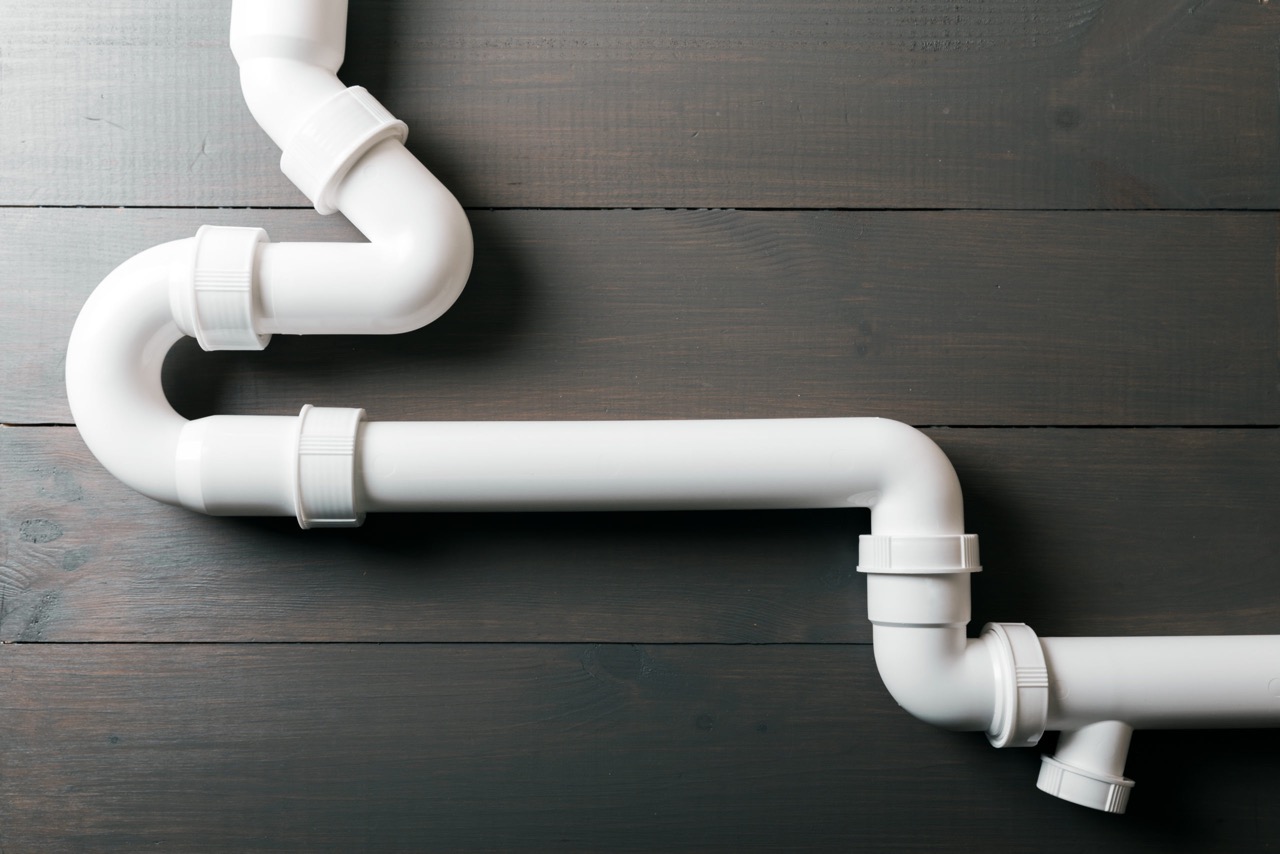
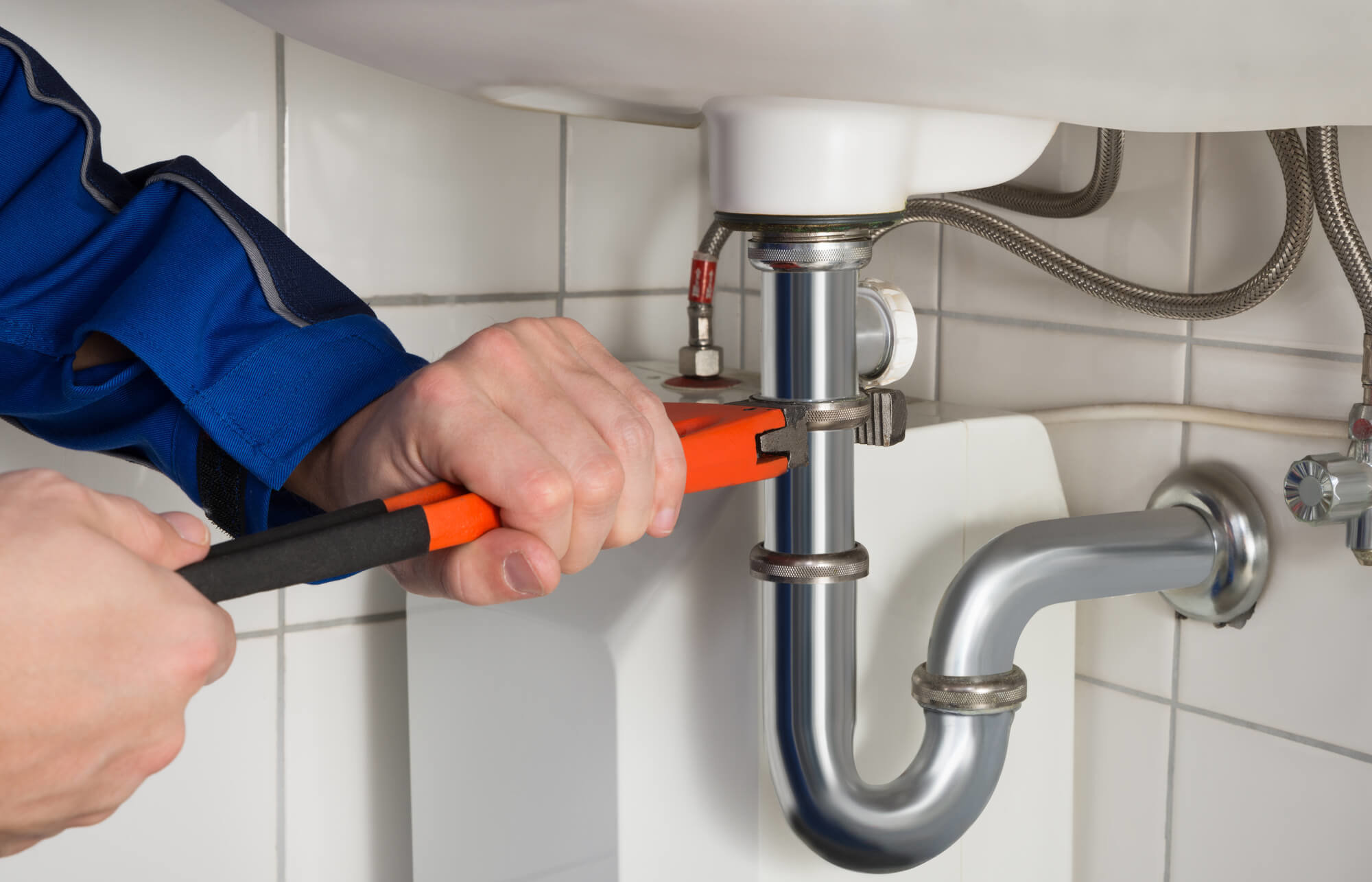

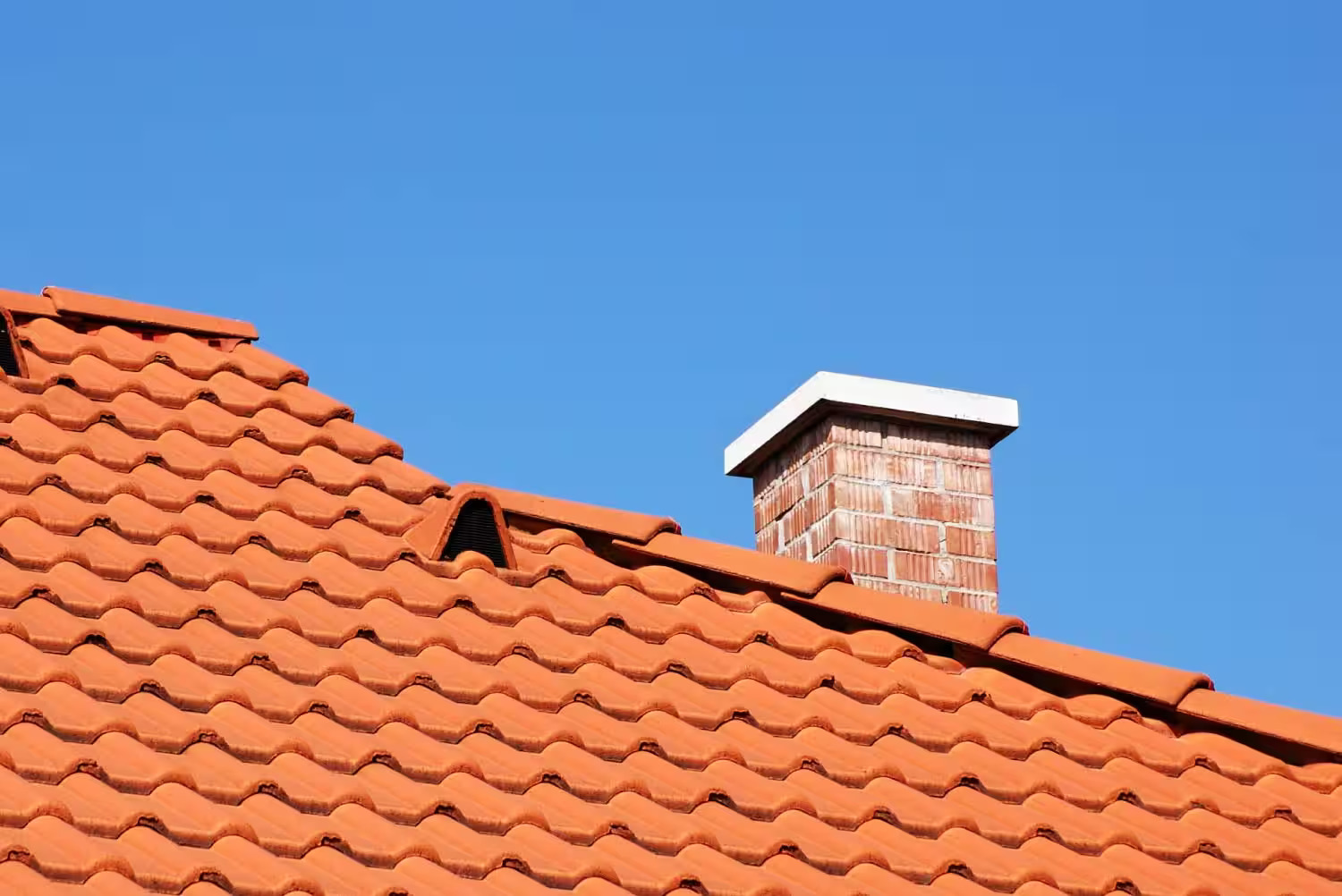
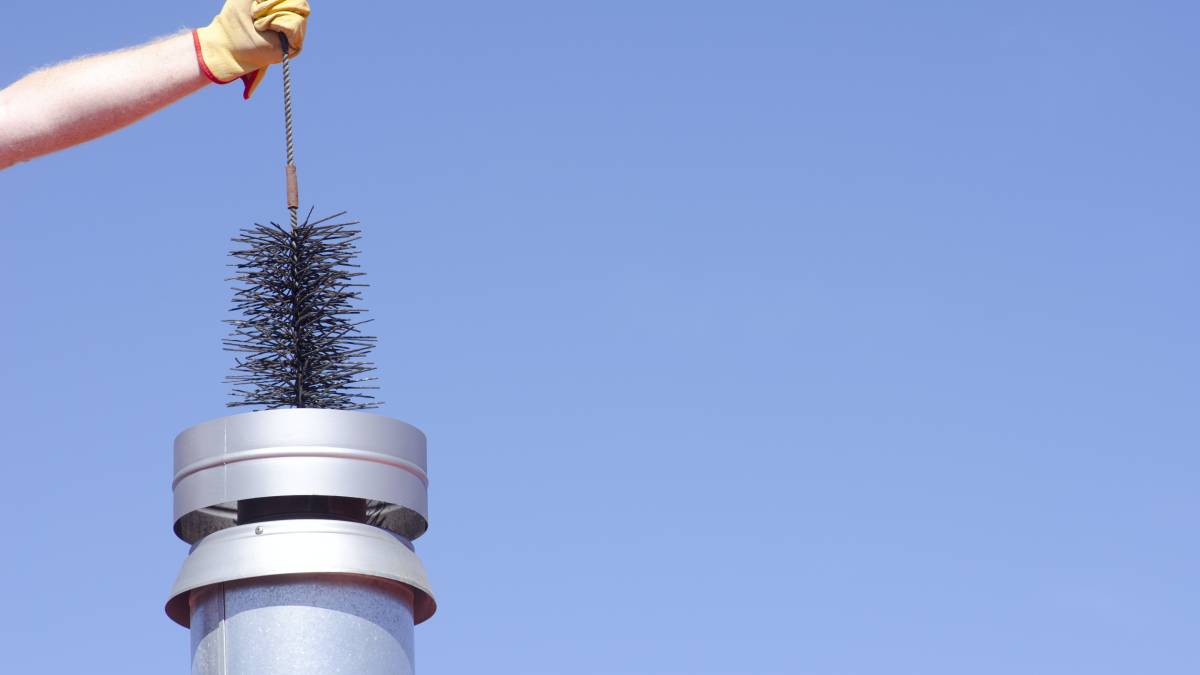
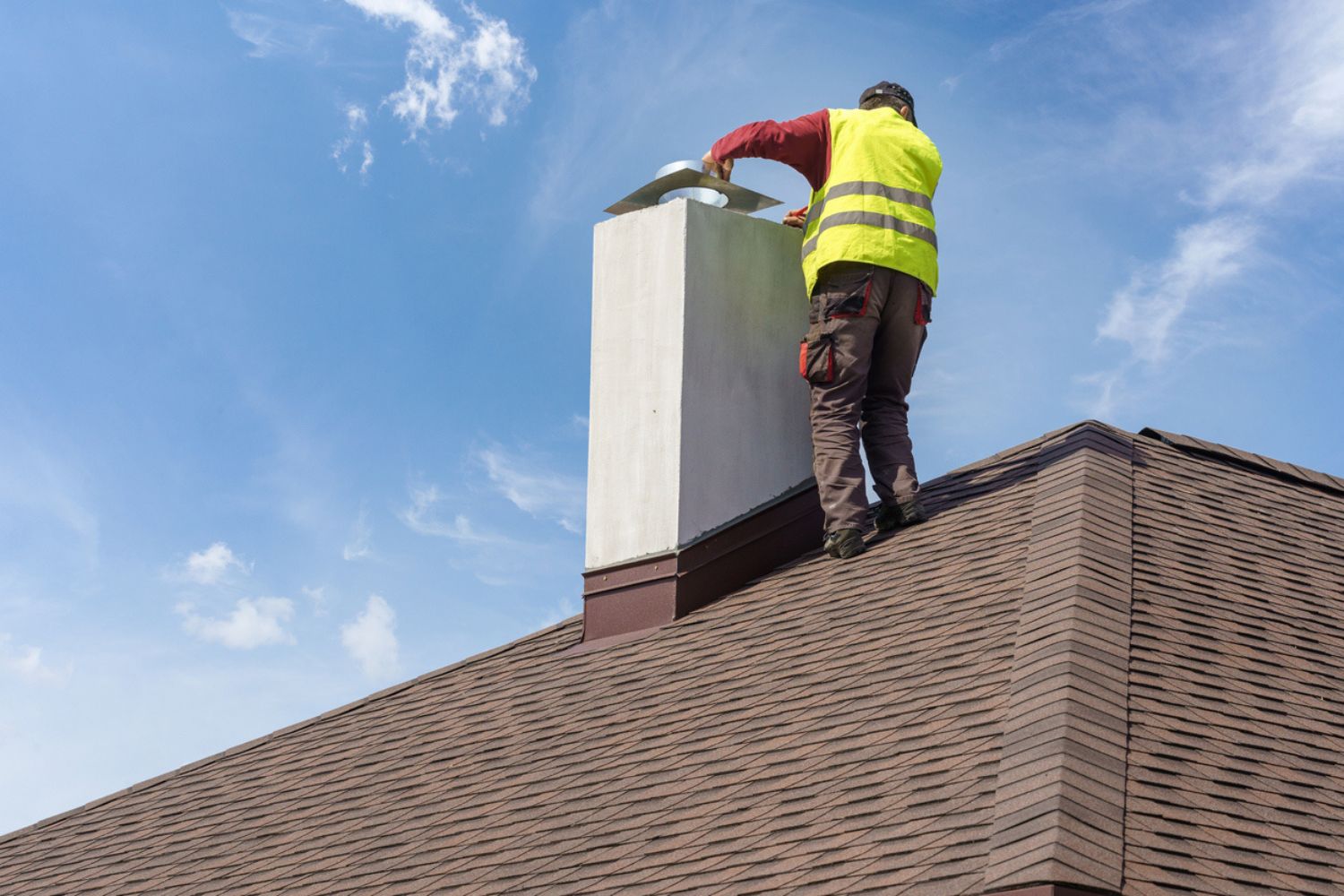
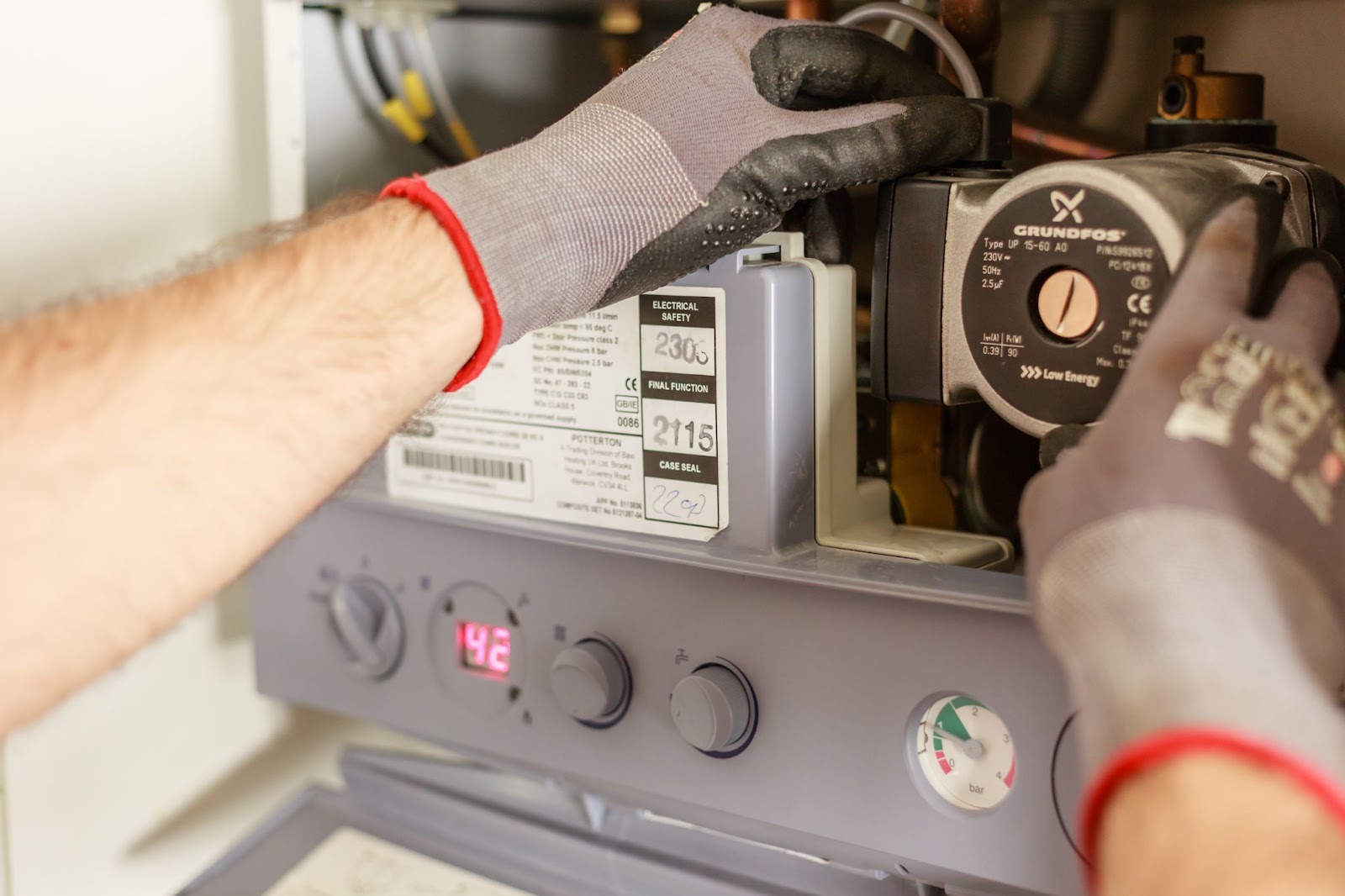
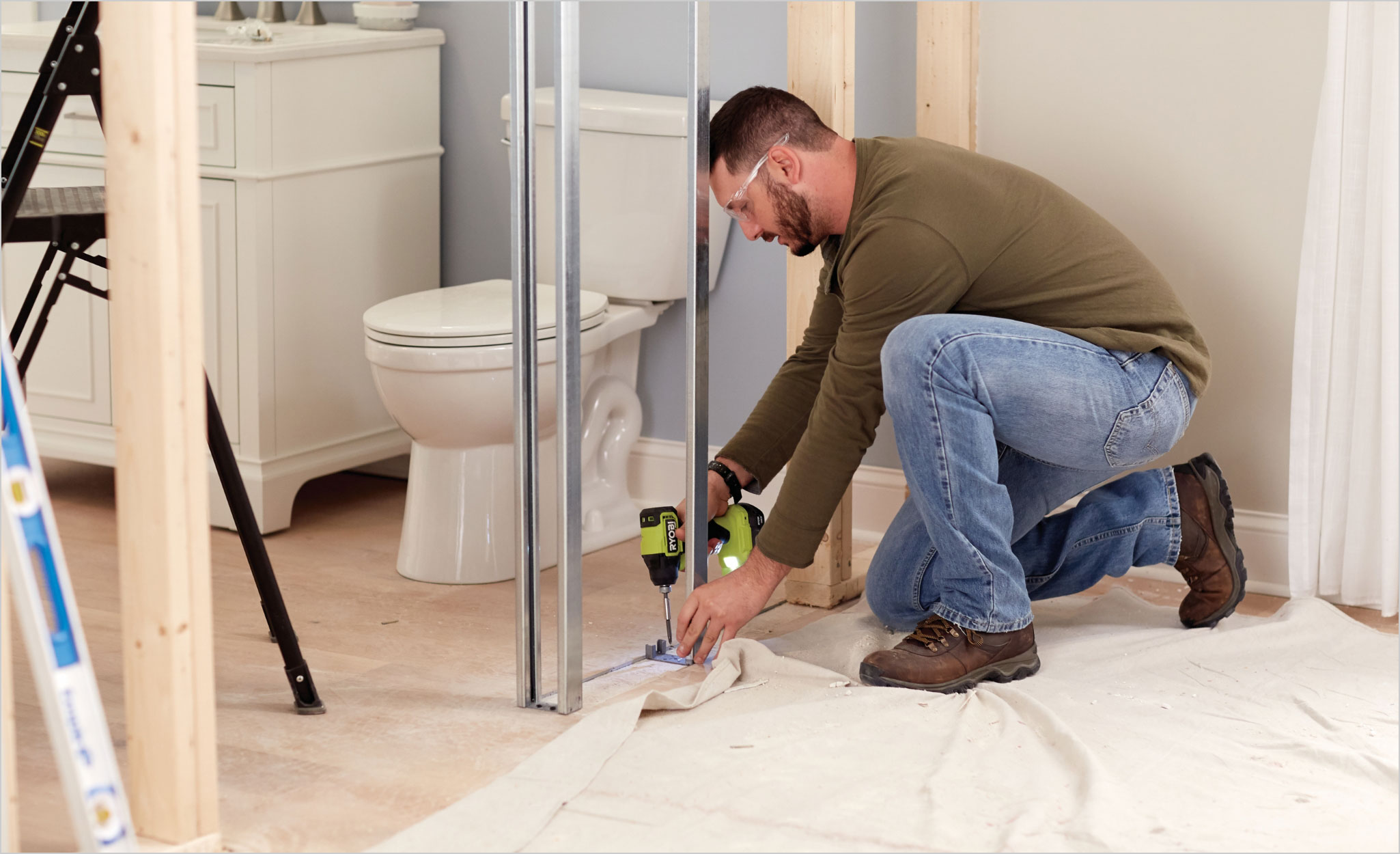
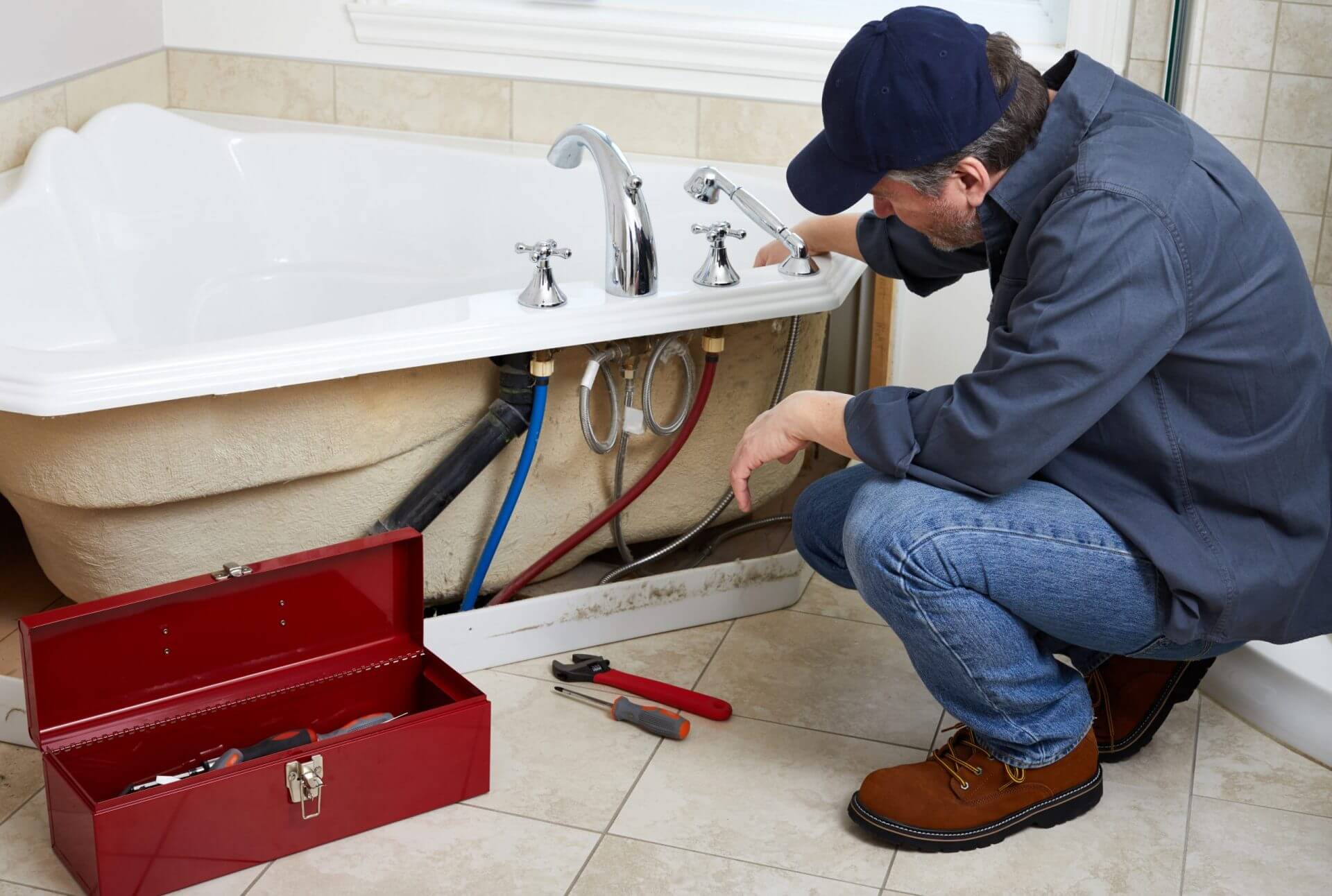
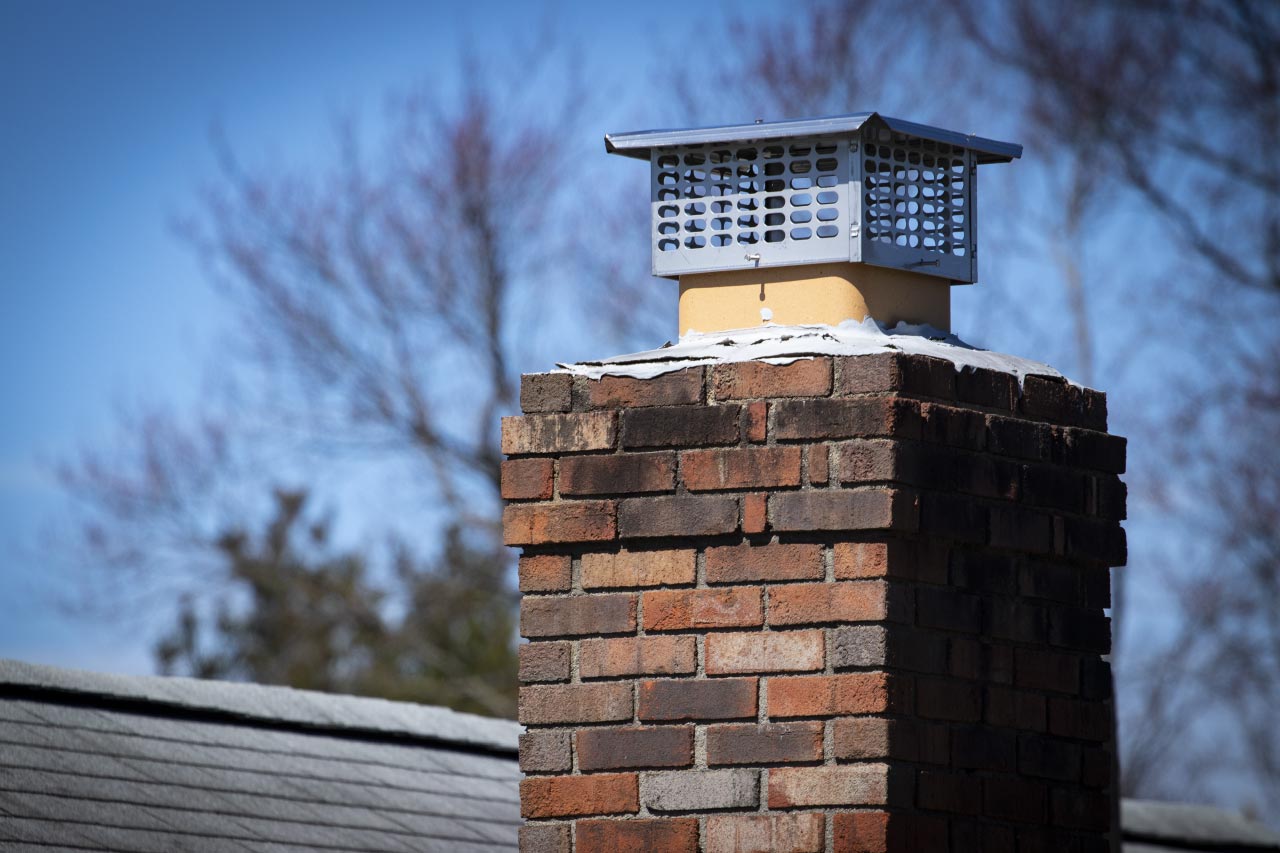
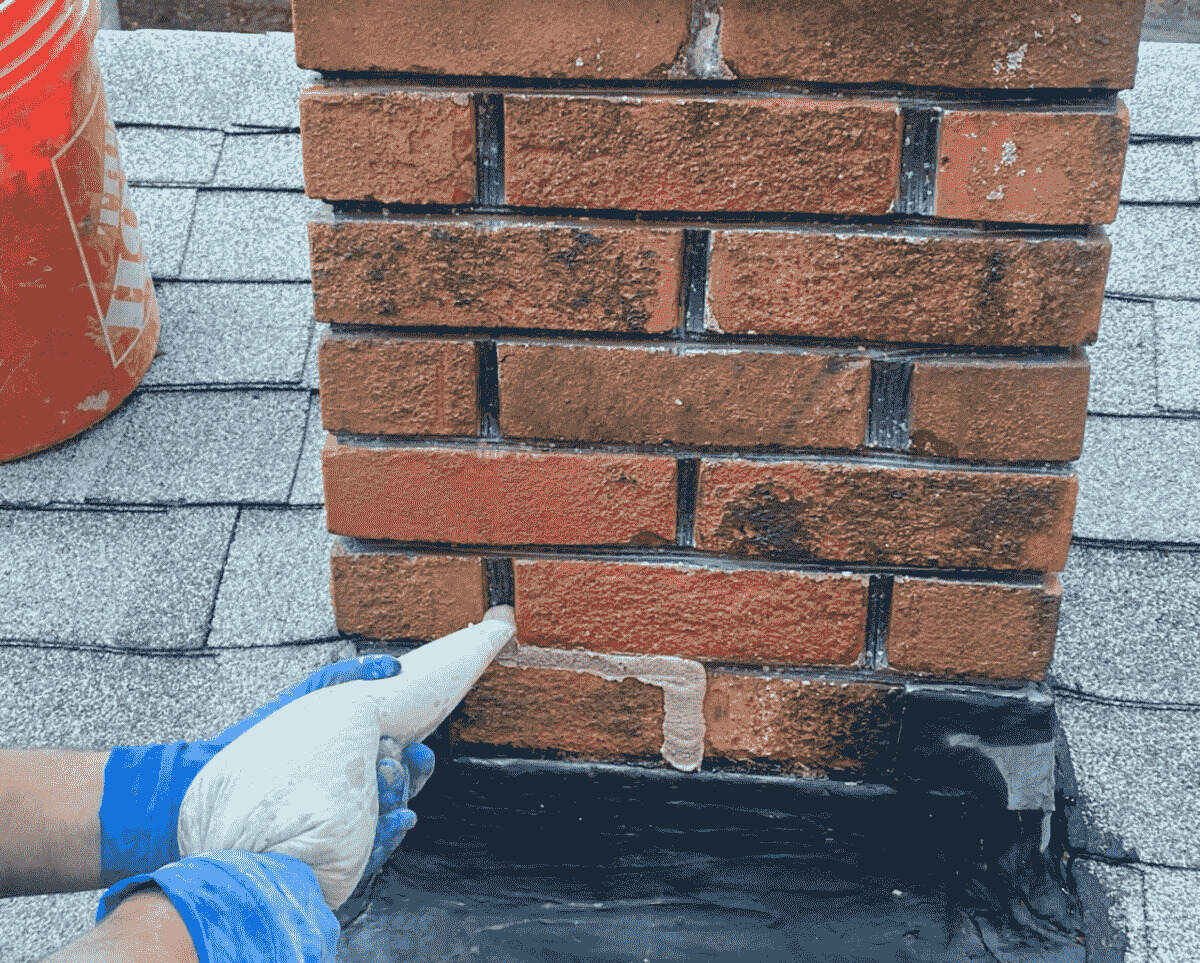

0 thoughts on “How Much Does Plumbing Repair Cost”